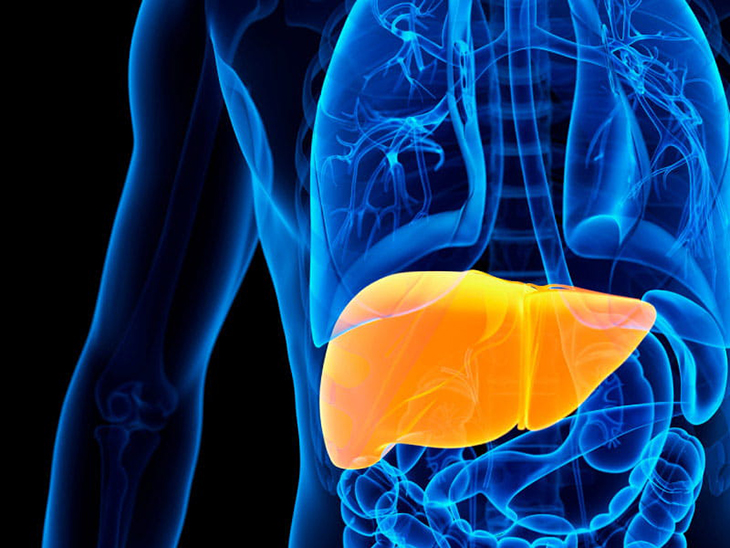
The liver is one of the most important organs in the body, responsible for removing toxins from the body’s blood supply. It also works to maintain healthy blood sugar levels, managing blood clotting, while playing a number of other key roles within the body.
Aside from filtering the body’s blood, it also helps to break down poisonous substances, such as drugs and alcohol. It produces bile, which aids in fat digestion, while also carrying waste away and doing many more important functions to make the body function properly.
So, when someone has an elevated liver enzyme count, it usually means that there is inflammation or damage to the liver cells. When the liver cells are damaged, they discharge higher amounts of particular chemicals into the bloodstream, including liver enzymes, which tends to show up on blood tests.
Usually, these liver enzyme levels are only slightly elevated, or remain elevated for a time. However, they may also remain high for long periods of time. Although most of the time, higher levels of liver enzymes don’t necessarily mean there is a serious problem, there are times when it could be a sign of something more crucial or serious.
Some symptoms of a high liver enzyme count include fatigue, dark urine, jaundice, itchy skin, joint pain, abdominal swelling, muscle soreness, and a low appetite. But just because you may be experienced one or some of these symptoms, it doesn’t necessarily mean that you are suffering from liver disease.
Here are 8 reasons that your liver enzyme count is raised.
1. Fatty Liver Disease
Fatty liver disease, also known as steatosis, happens to be a common condition that causes the storage of extra fat in the liver. As a result, the liver enzyme count becomes high. For the most part, people that don’t show any symptoms don’t usually have serious problems. However, it can become worse over time when left untreated. As it worsens over time, it usually progresses in three different stages as well. The first stage is when the liver becomes swollen and inflamed, causing damage to the liver tissue. This stage is known as steatohepatitis. Then the second stage is known as fibrosis, which is when scar tissue forms in the areas where there is liver damage. Then the last stage is when extensive scar tissue ends up replacing the healthy liver tissue, causing cirrhosis. Cirrhosis can be serious, especially since it’s not reversible, and can even become fatal if not treated at all.



